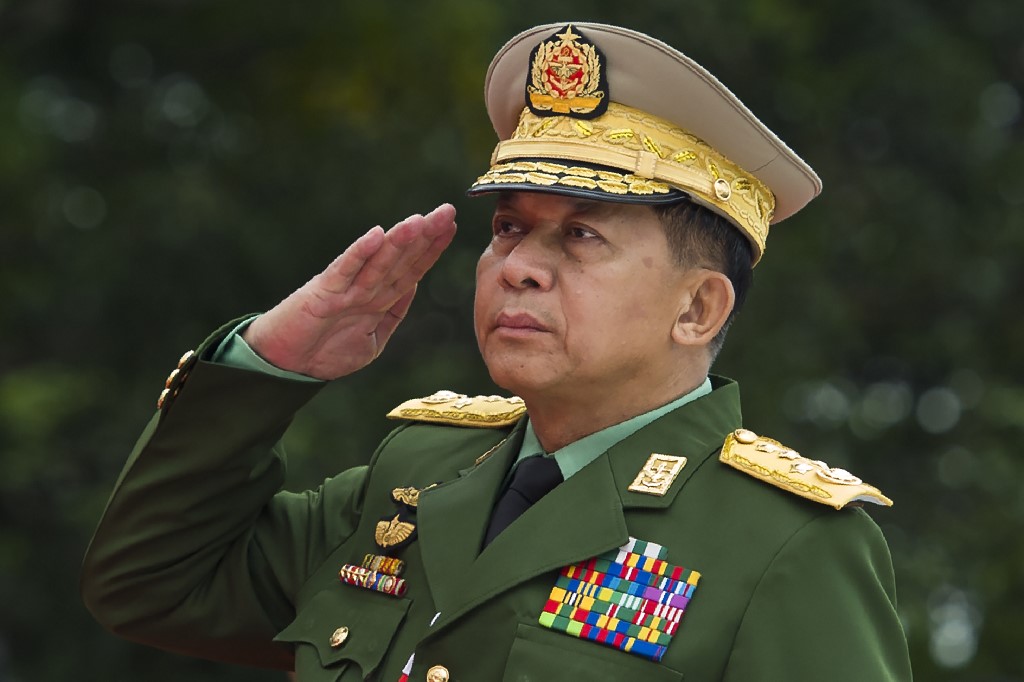
Myanmar hit back Tuesday at a report by UN investigators calling for tougher sanctions against the country's powerful military to squeeze its business empire, accusing the probe of trying to harm the country.
The UN fact-finding mission urged the international community to sever all ties with companies linked to the armed forces and to implement a complete arms embargo.
It said that the military's vast economic holdings helped fund a 2017 crackdown that forced some 740,000 Rohingya Muslims into Bangladesh and aided construction of infrastructure to keep them out permanently.
But Myanmar "categorically rejects the latest report and its conclusions," the foreign ministry said in a statement Tuesday.
"We regard the report as an action intended to harm the interests of Myanmar and its people."
The ministry is controlled by leader Aung San Suu Kyi's civilian government.
The response was a sign of solidarity with the military with which it remains in a fragile power-sharing agreement ahead of 2020 elections.
The UN investigators last year called for Myanmar's top generals to be prosecuted for genocide over the Rohingya crisis.
Myanmar reiterated it recognised neither the mission nor its reports, insisting internal commissions are addressing concerns of human rights violations.
International legal experts and rights groups have condemned the various panels set up by Myanmar, accusing them of whitewashing atrocities.
Monday's report detailed how two military-owned conglomerates, numerous subsidiaries and "crony companies" had interests in everything from jade mining and banking to real estate and tourism.
These are in joint ventures or have commercial ties with at least 59 foreign firms and operate with no accountability or oversight, the report said.
Last month the US announced a travel ban on Myanmar's army chief and other top officers, the strongest censure yet from a Western power since the Rohingya crisis.

